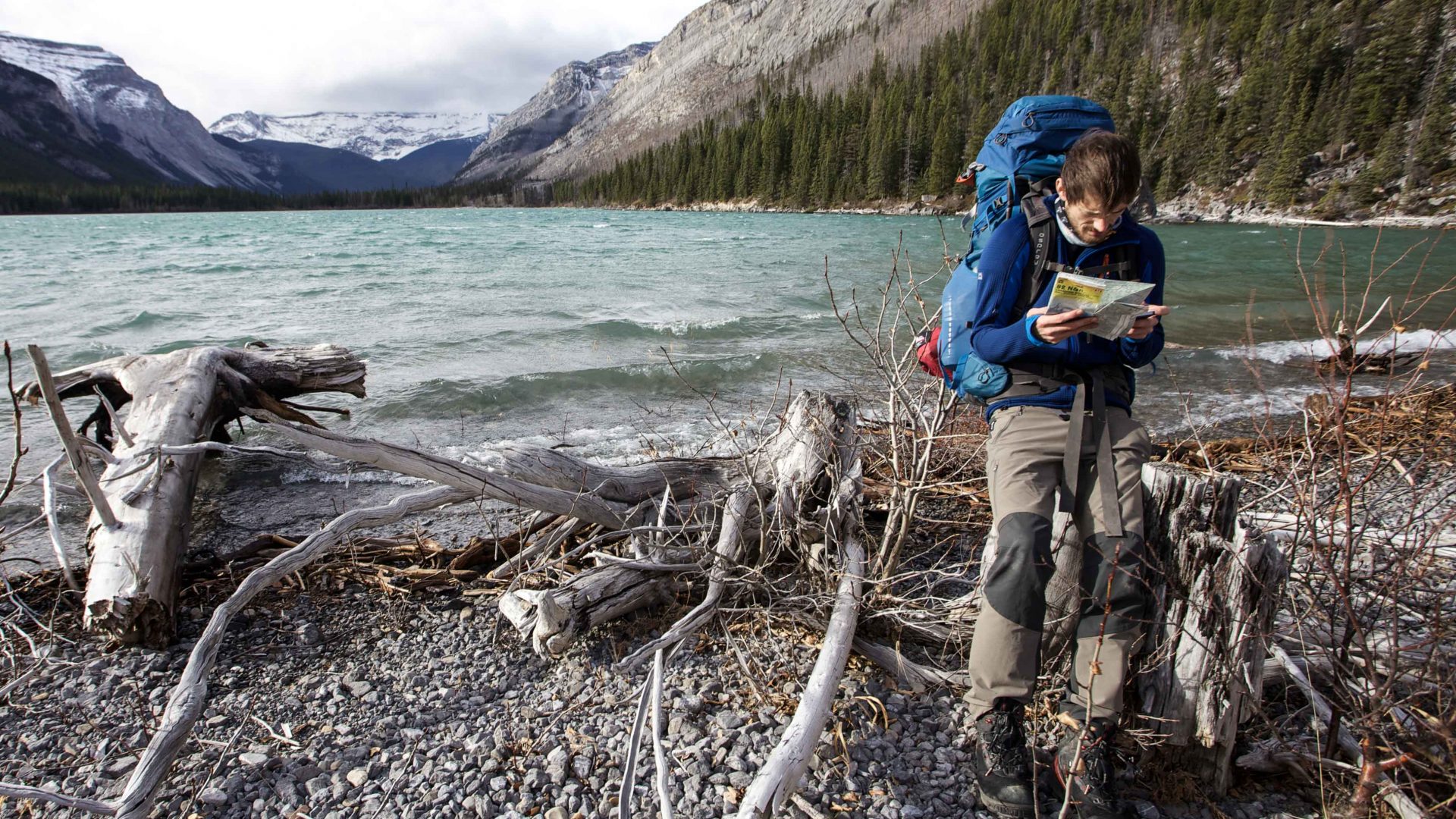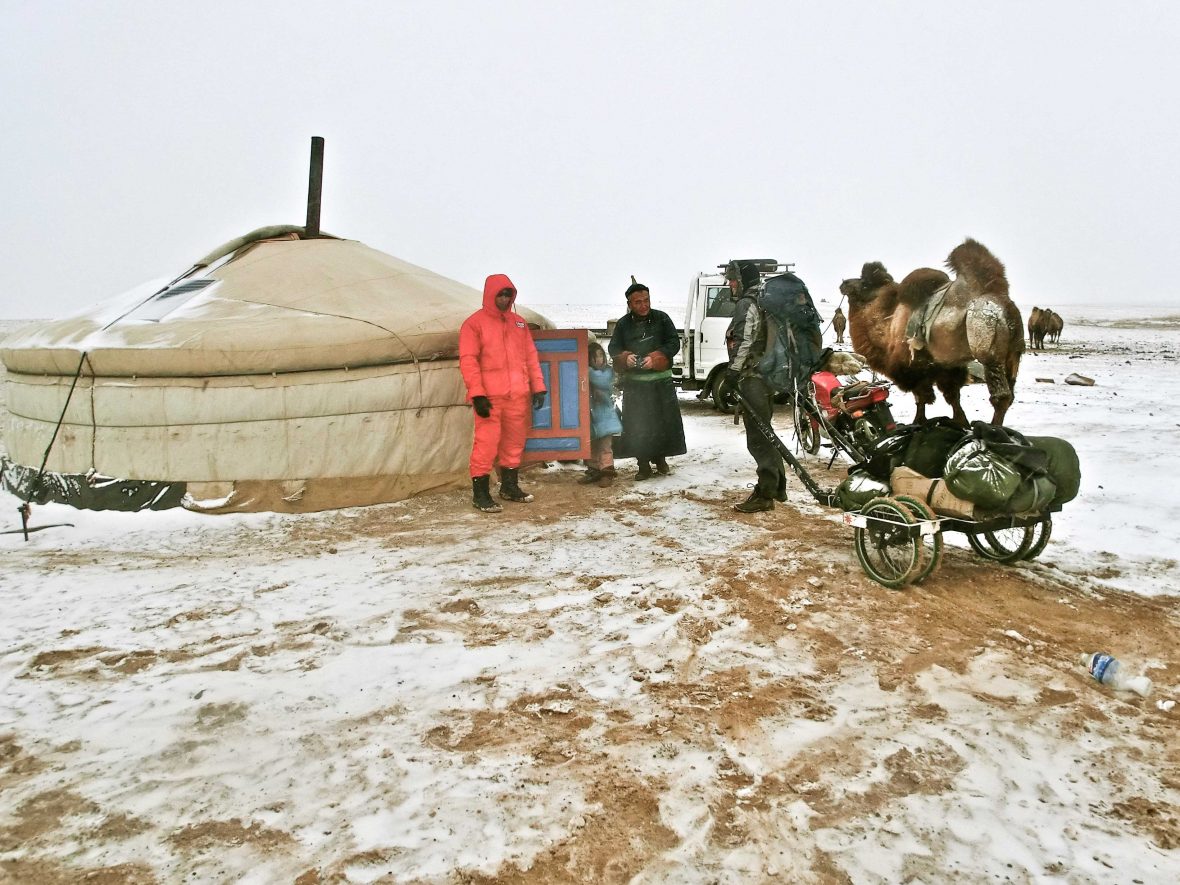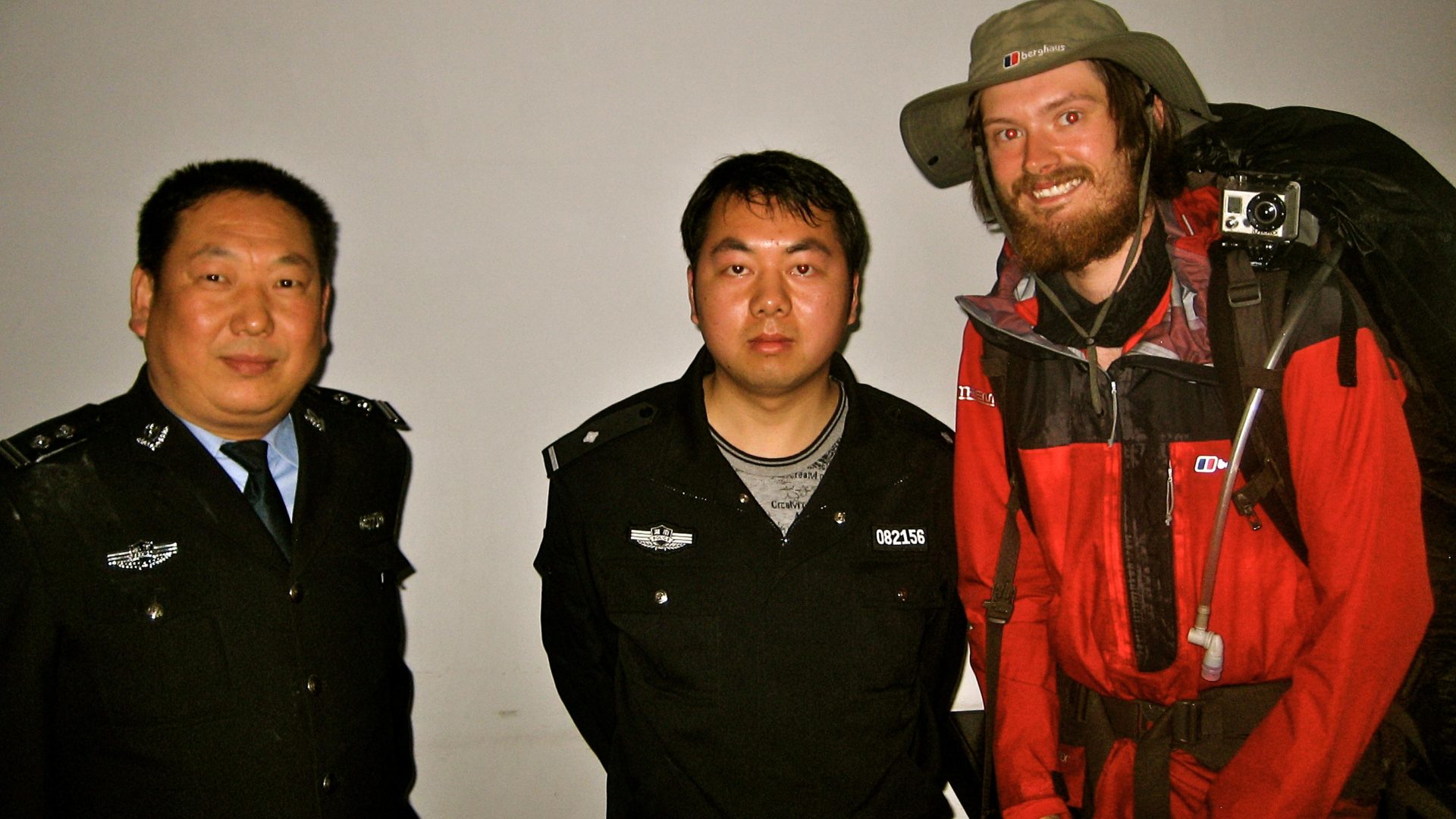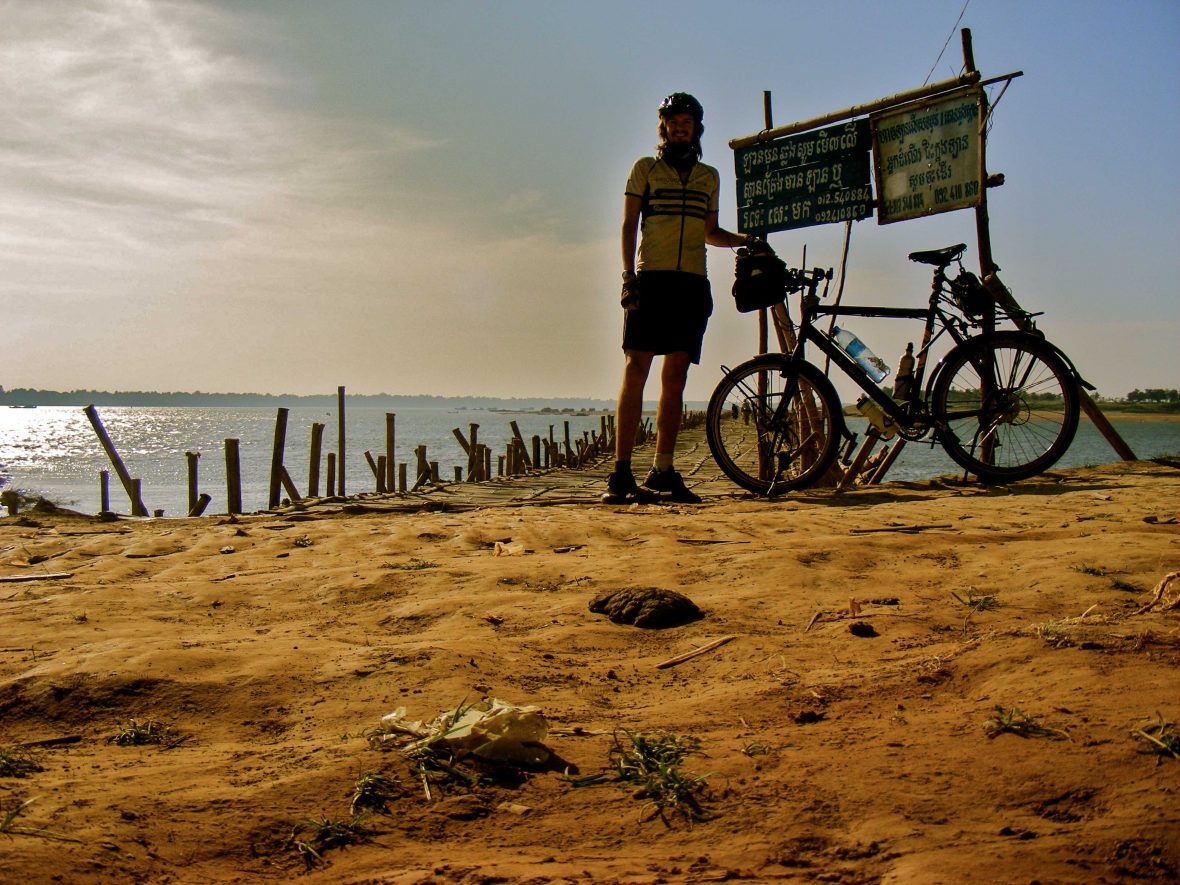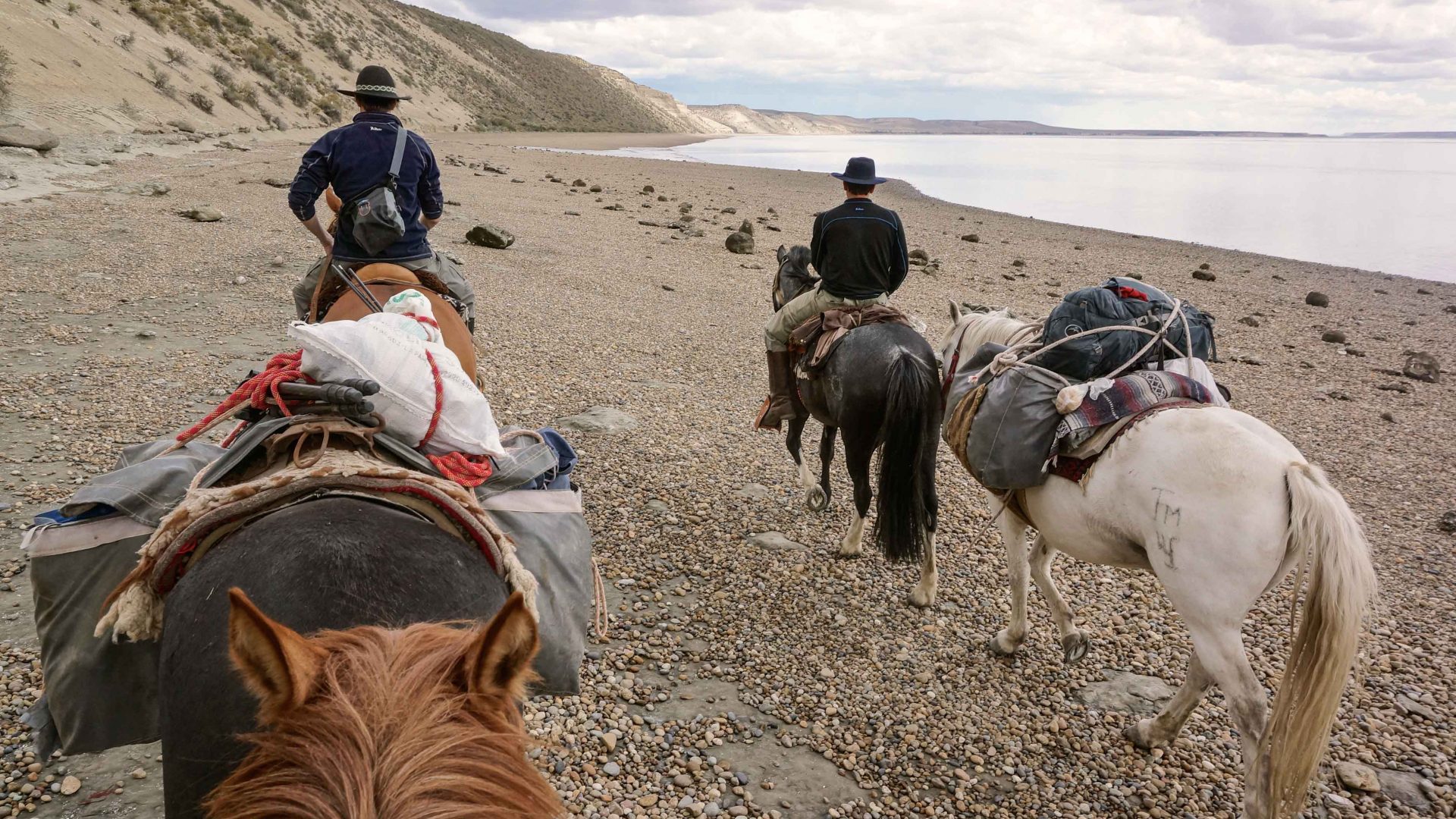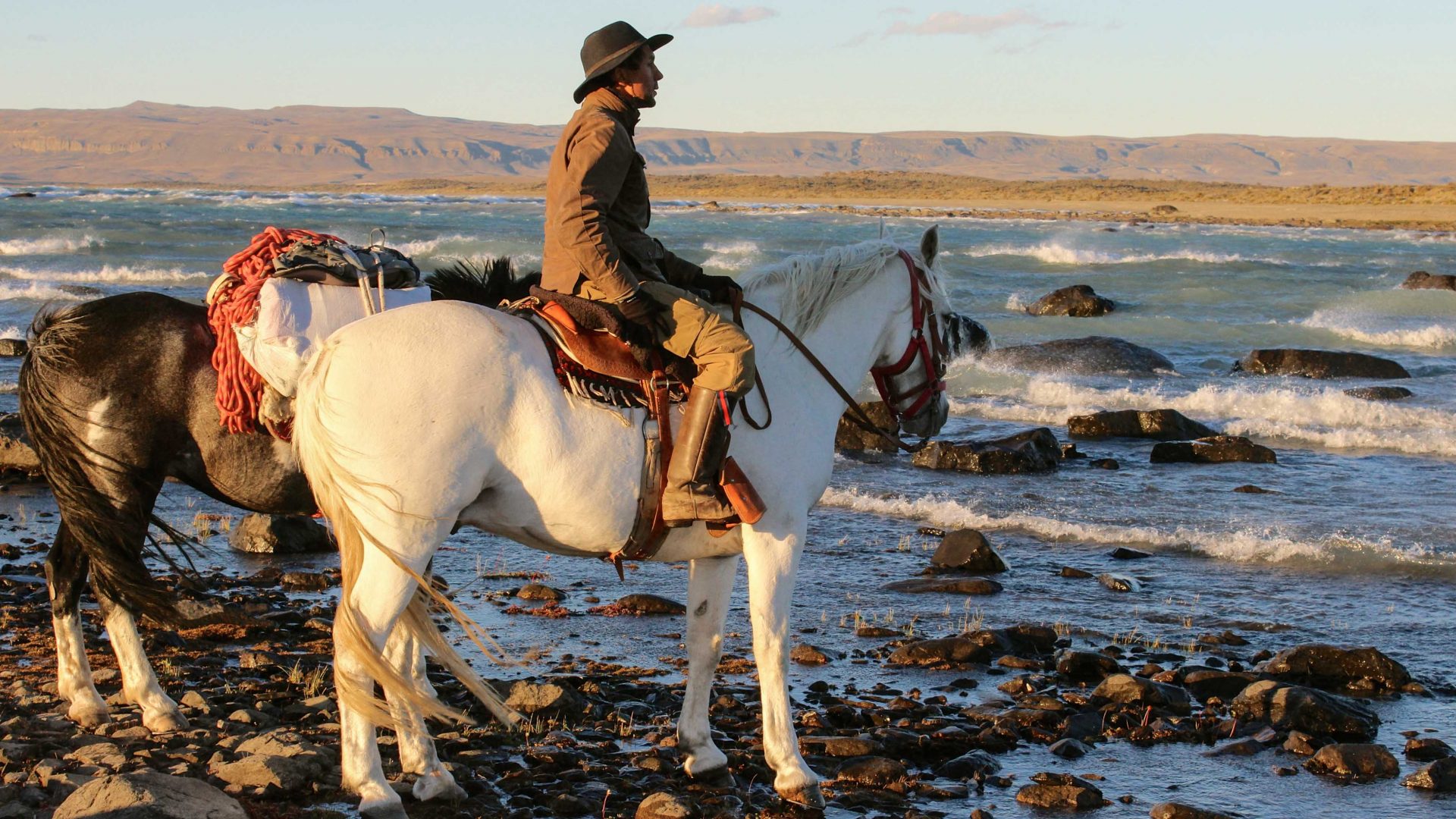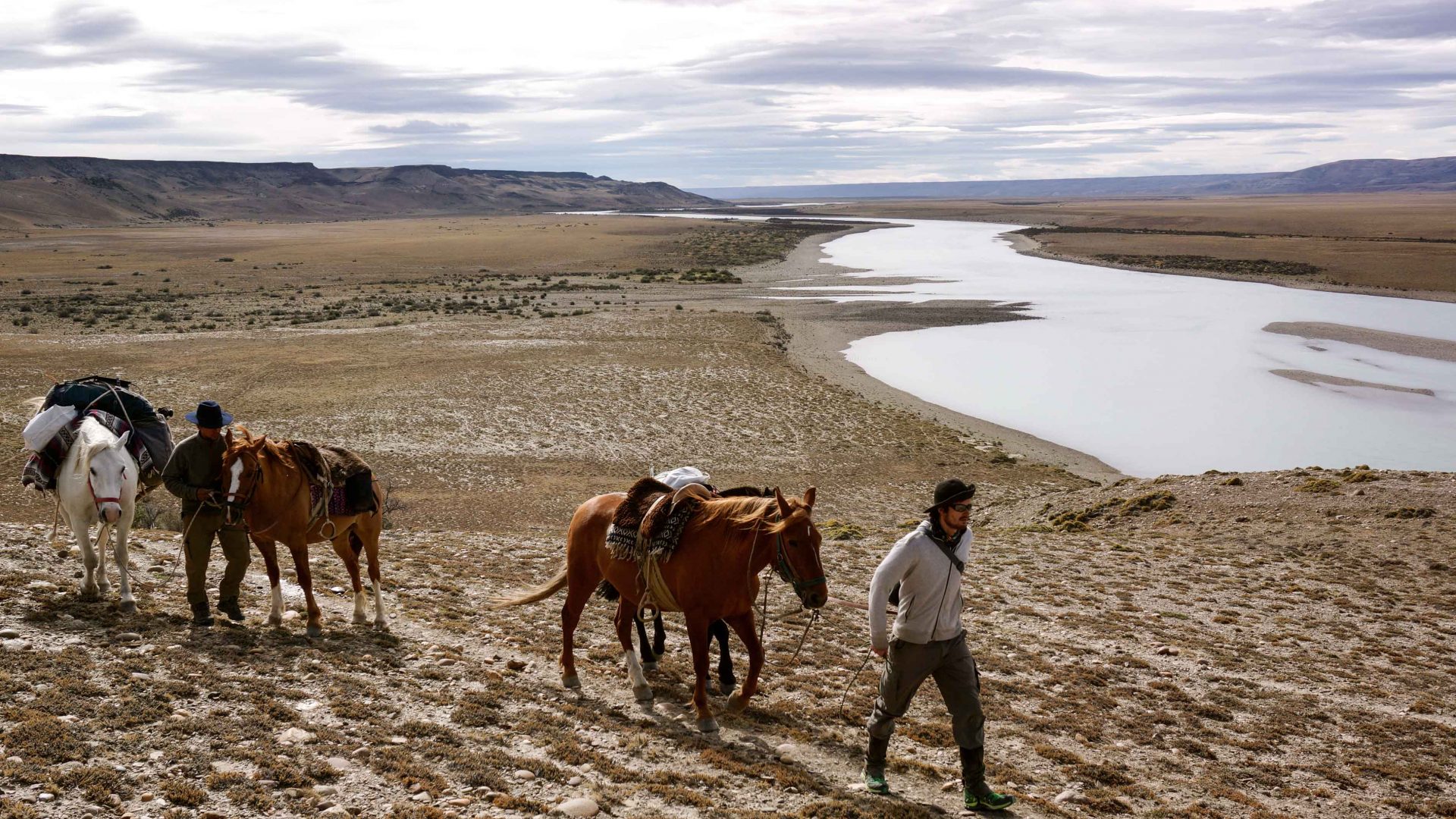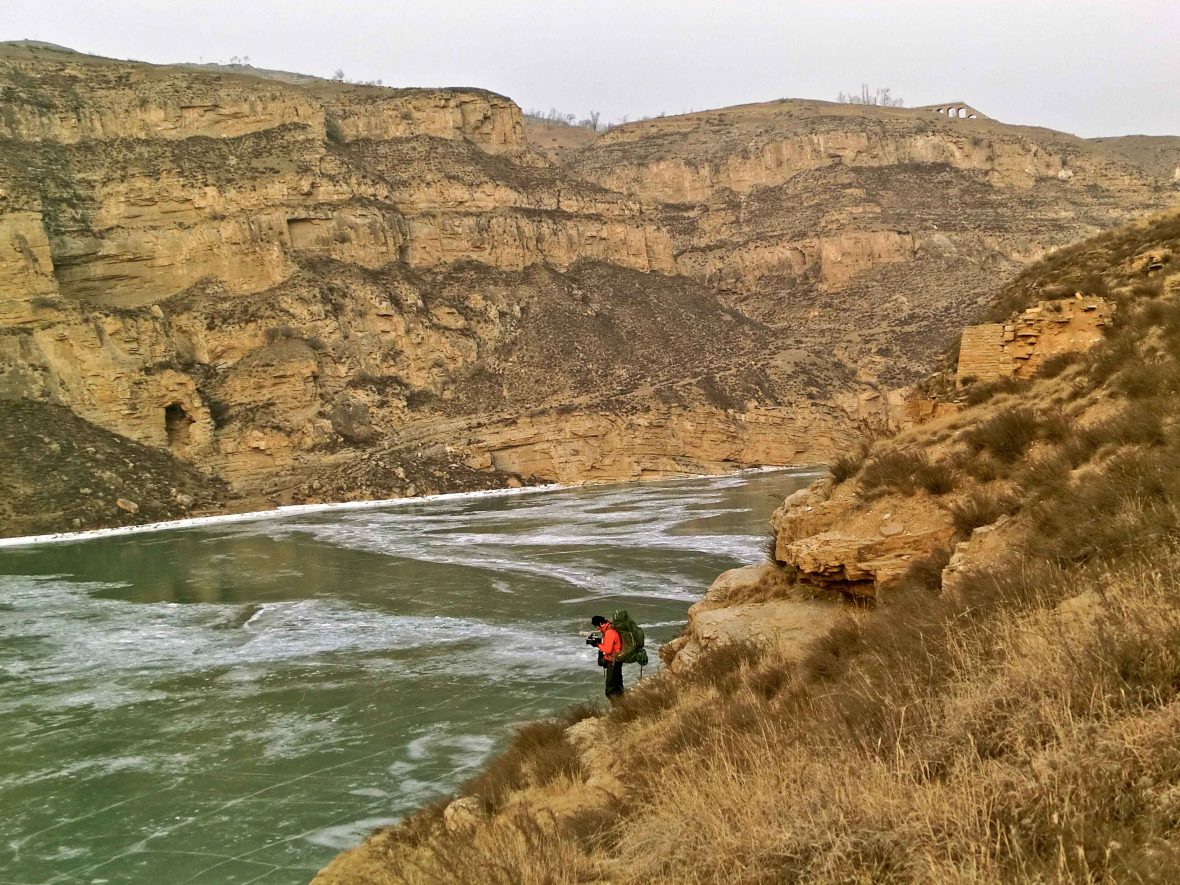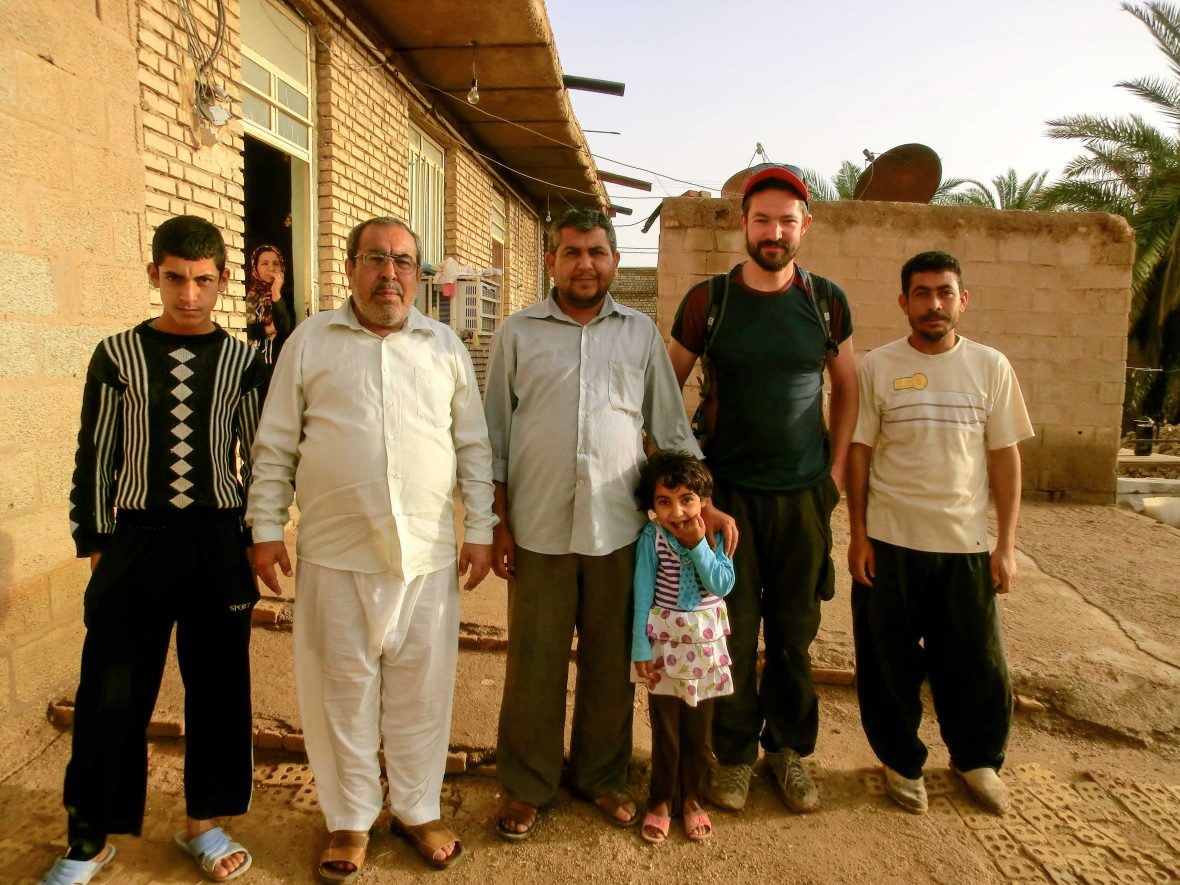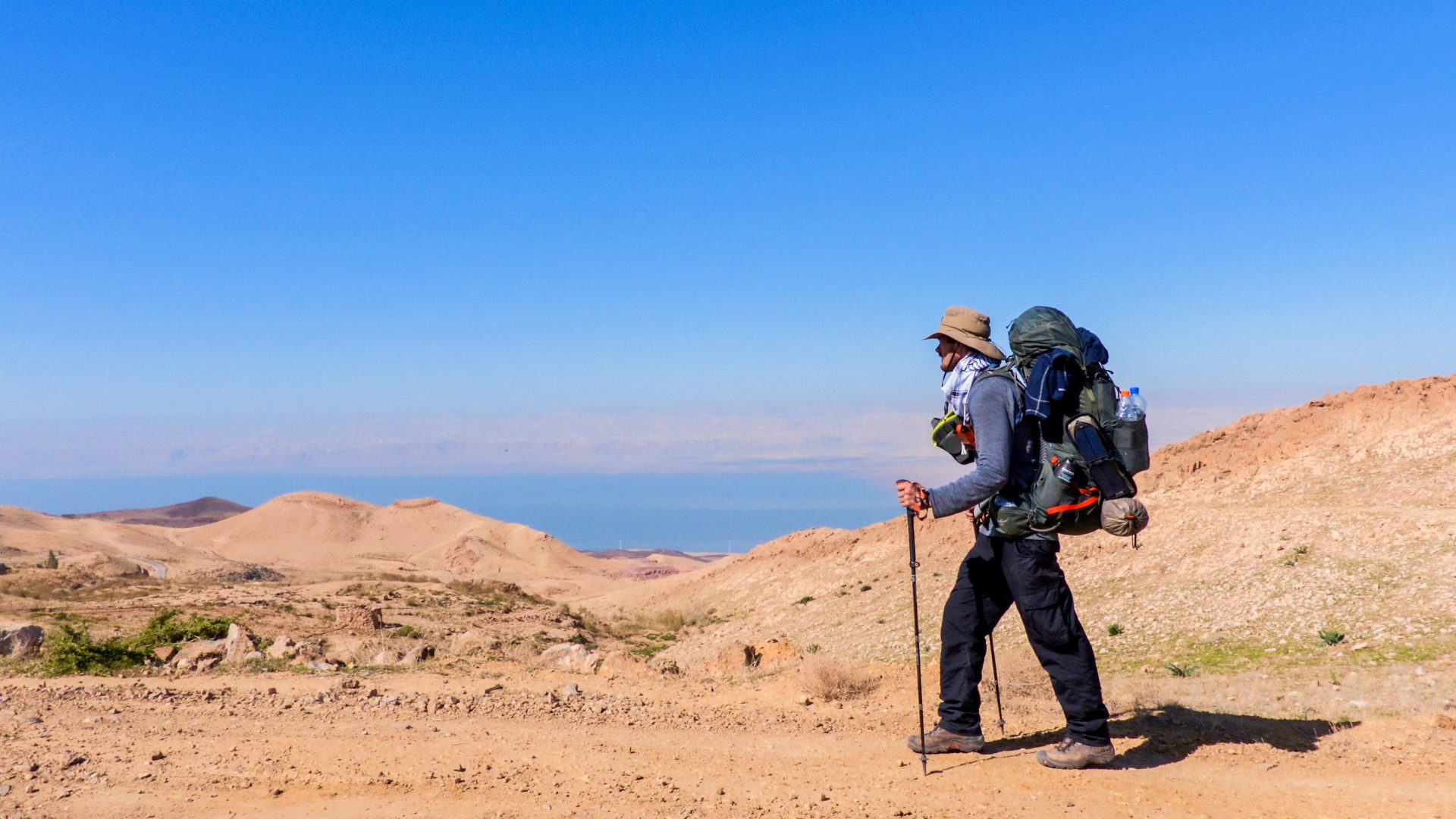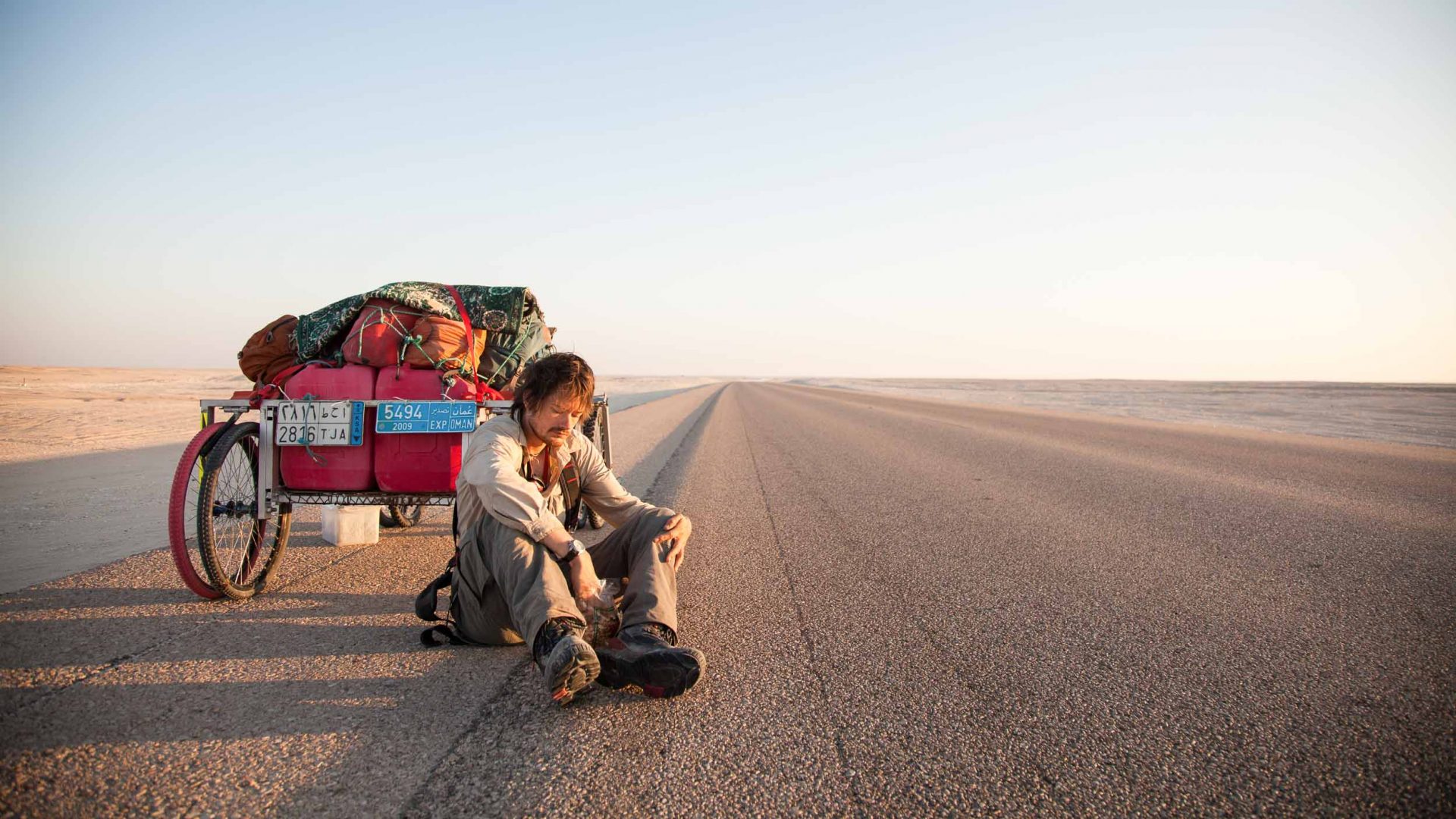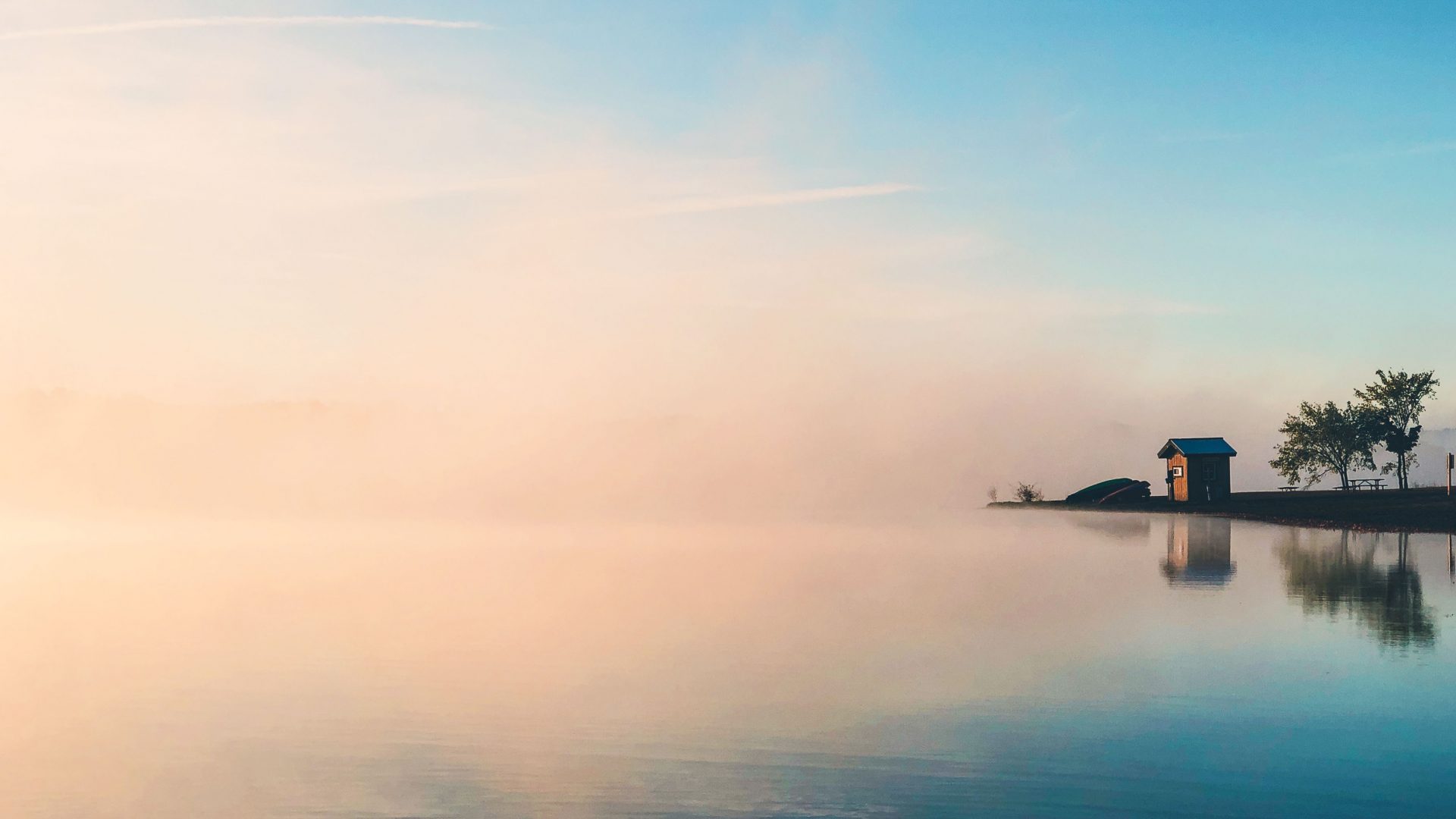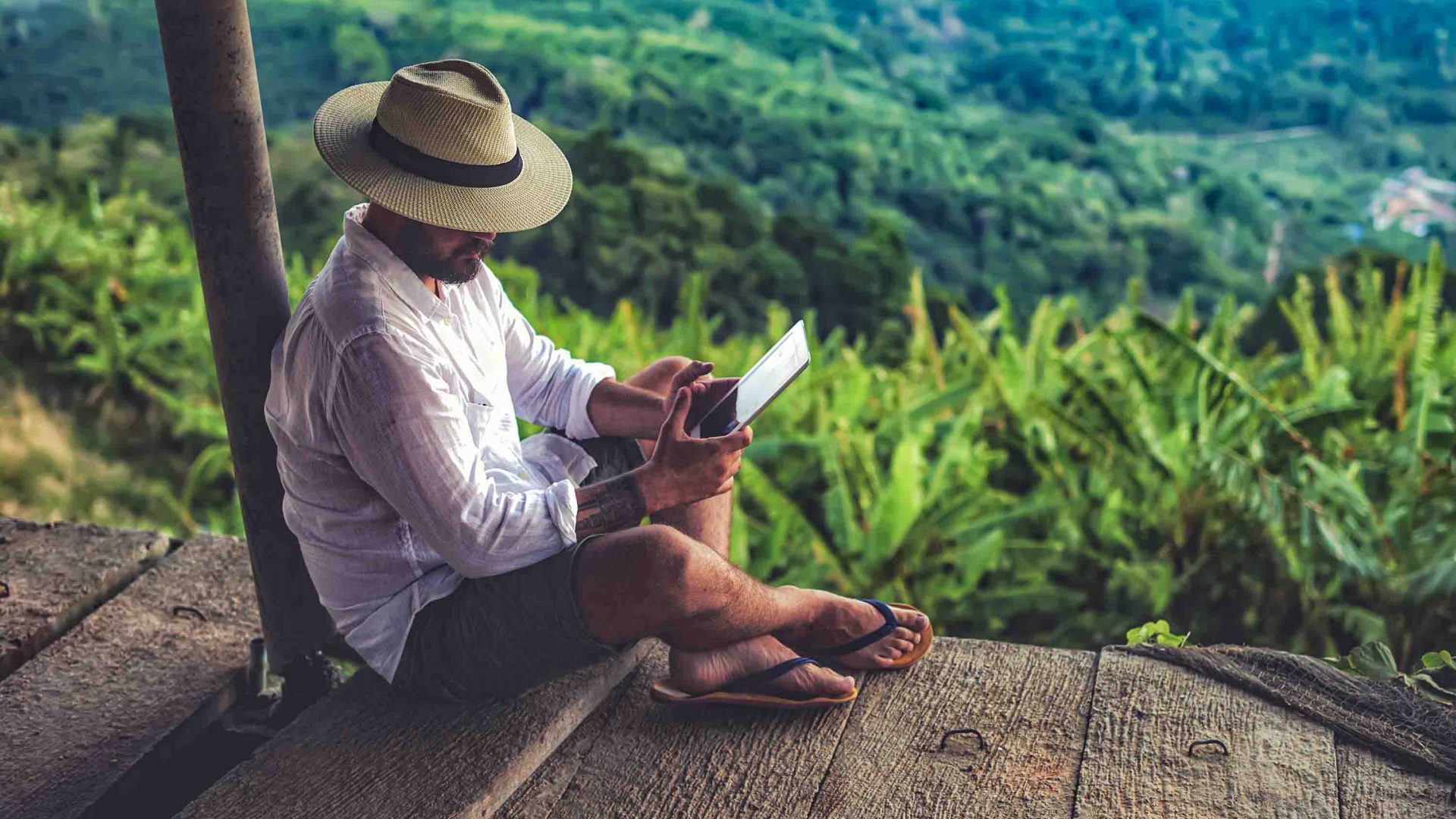Is modern travel too curated? If you’re after a more rewarding travel experience, put down the phone and go and get lost, suggests our featured contributor Leon McCarron.
A few years ago, I walked across China, from the northern edge of the Gobi Desert to the South China Sea. For 3,000 miles, my walking partner Rob Lilwall and I plodded southwards, following whichever trail, valley, river or road seemed to best take us towards our destination.
We found it impossible to access detailed topographical maps of much of China and so relied on cheap, nasty road atlases—that were almost always wrong—and an early iteration of the iPhone. The latter proved somewhat helpful when we wanted to follow roads, but it was completely useless for finding our way through the mountains and forests.
It also, in its detached automation, pointed us into areas that were not open to foreigners … and more than once, we found ourselves inside police stations trying to explain how we unwittingly wandered into closed military zones. This said as much about our own competence and awareness as it did about the navigational methods, of course.
To arrive someplace on foot , for example, seems to make us as travelers seem less intimidating to whoever we might meet. Also more vulnerable, and more in need of assistance. By eschewing both digital companions and mechanical ones too, different and deeper conversations occur, and new opportunities arise.
RELATED: Has the internet killed the joy of discovery?
When I cycled through Southeast Asia a few years ago, I found myself immediately whisked into homes in villages to be fed and looked after and, ultimately, pointed down the next road that my hosts thought might interest me. On a more recent journey in the mountains between Slovenia and Italy where I religiously followed a pre-determined itinerary on a smartphone screen, I noticed a distance opening between me and those I met; the assumption was that my phone was my chosen substitute for their knowledge, and the interactions were more stilted.
It’s a romantic notion, but so many of us dream of the liberation of travel where, for a brief time and space, we’re free from the confines of routine and other banalities. Traveling around a new place with nowhere to be at any given point and eating when hungry (or when others do) and watching the streets light up as the sun brings life into the day is a great joy. I’m a hypocrite, of course; I wear a watch most of the time that tells me my heart rate, how long I slept for and all sorts of other unnecessary things, but I also try to take it off once in a while.
Perhaps this all seems pointless, or overly quixotic. Maybe that’s true—it’s easy to get carried away and fall into the trap of thinking that there’s some sort of purity or authenticity to be found simply by switching off a phone. However, if you’ll indulge the idea a little, then you may find a level of enjoyment in it too.
I always notice it makes me feel a little uneasy to begin with, as if I’ve just taken off my lifejacket and am leaning over the edge of a ship. It takes a while to shift mindset and get over that reliance on digital companionship. The next sensation though is always one of relief, followed by exhilaration; a hint of adrenaline being released in anticipation of what might happen next, and the knowledge that there’s no way to know what that will be. It’s simple but effective and, if you try it, you might just be surprised.
